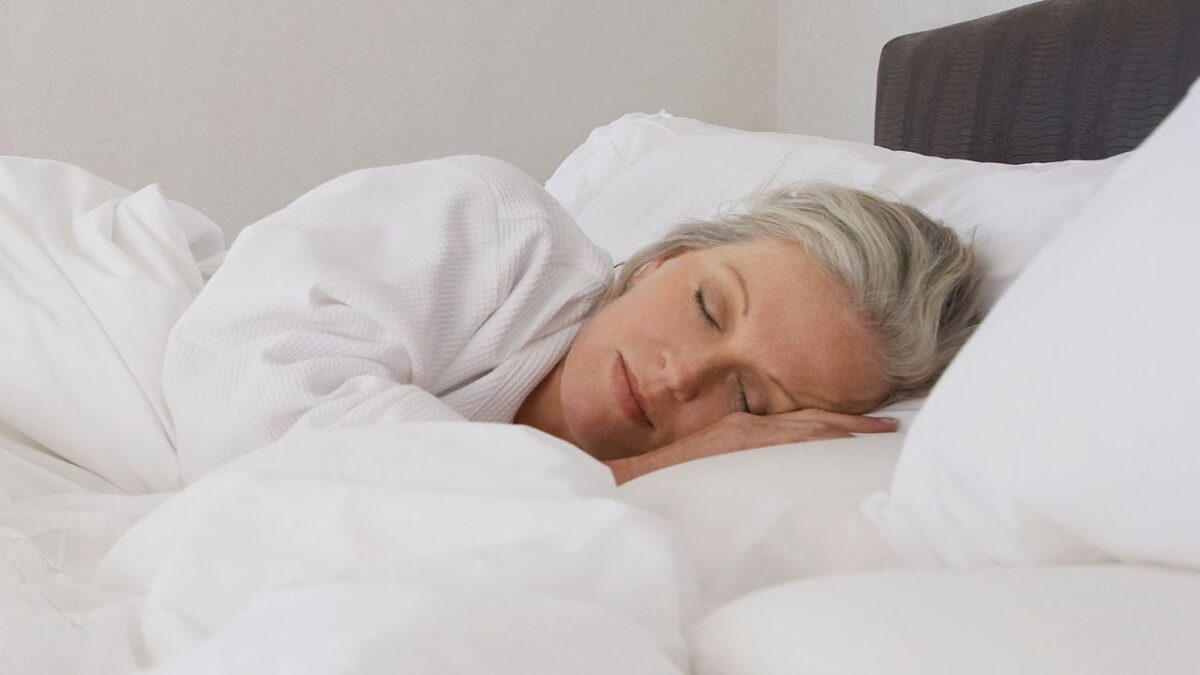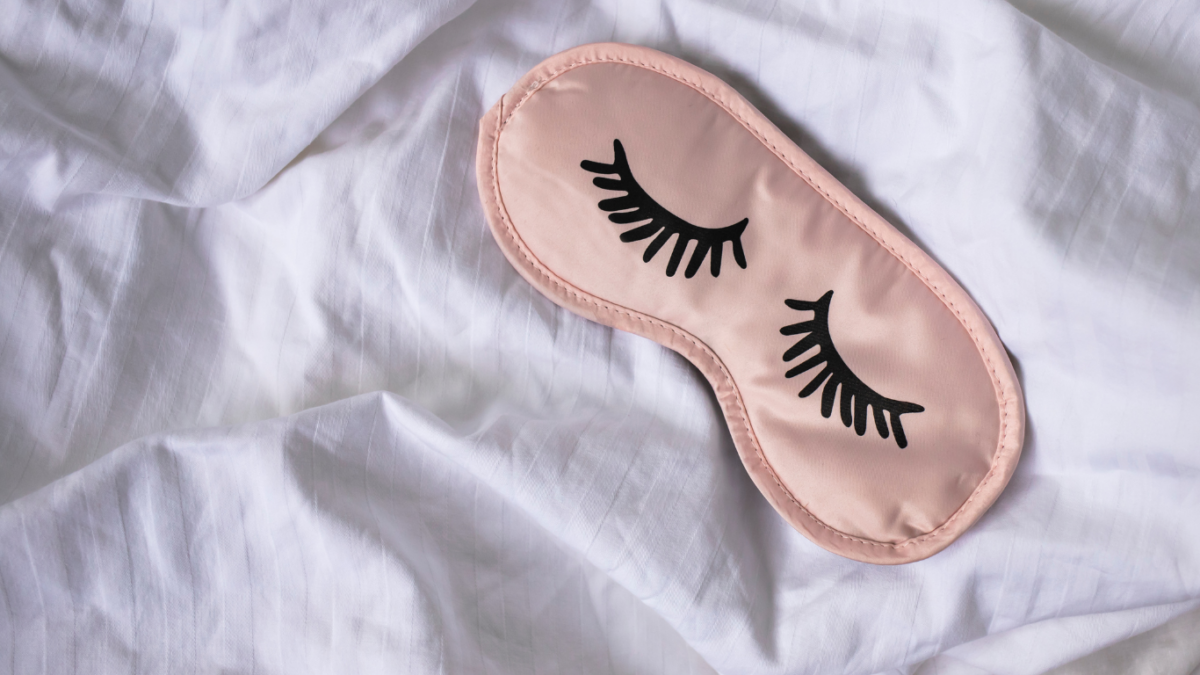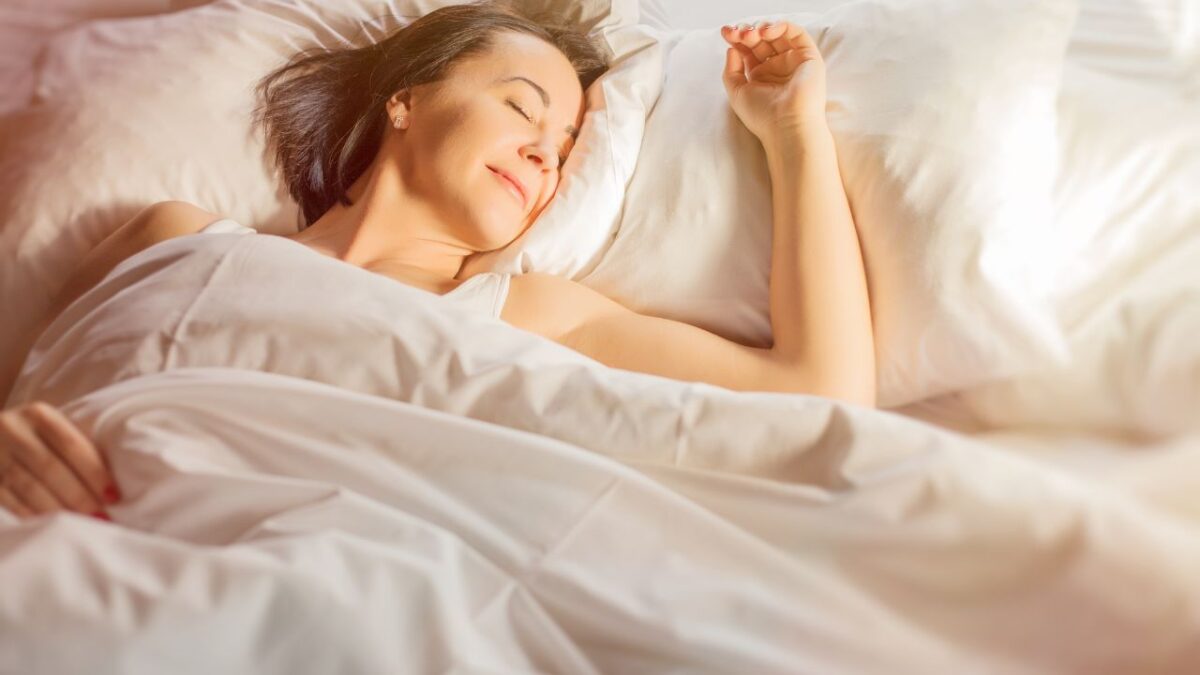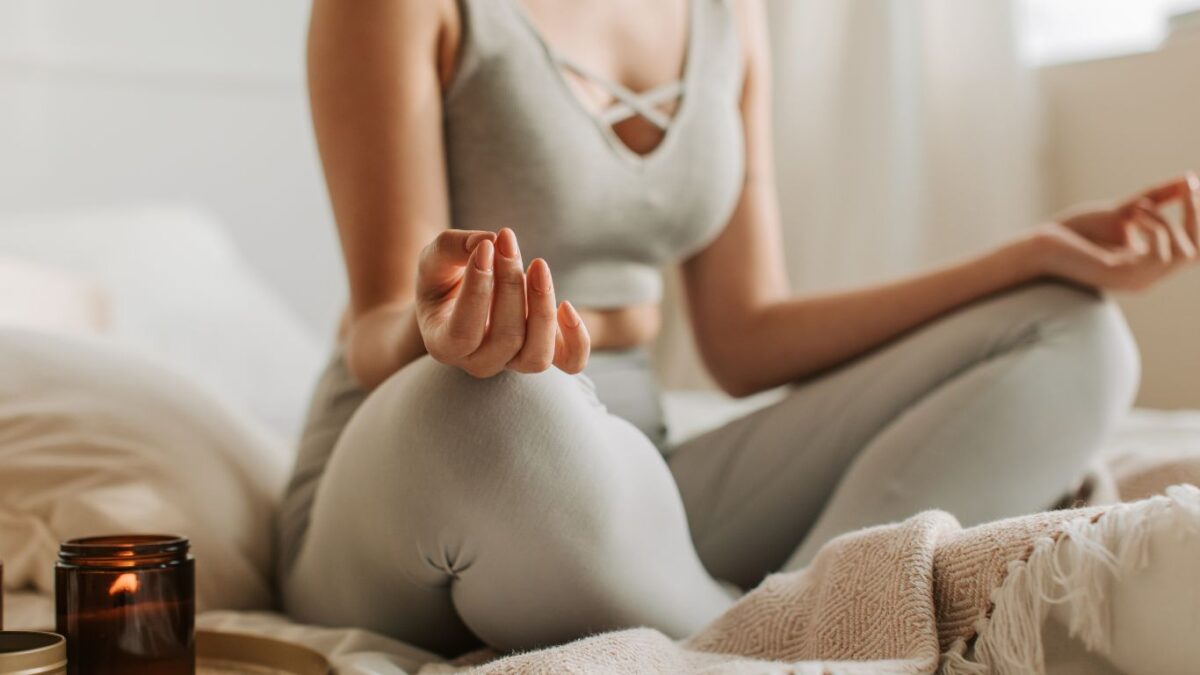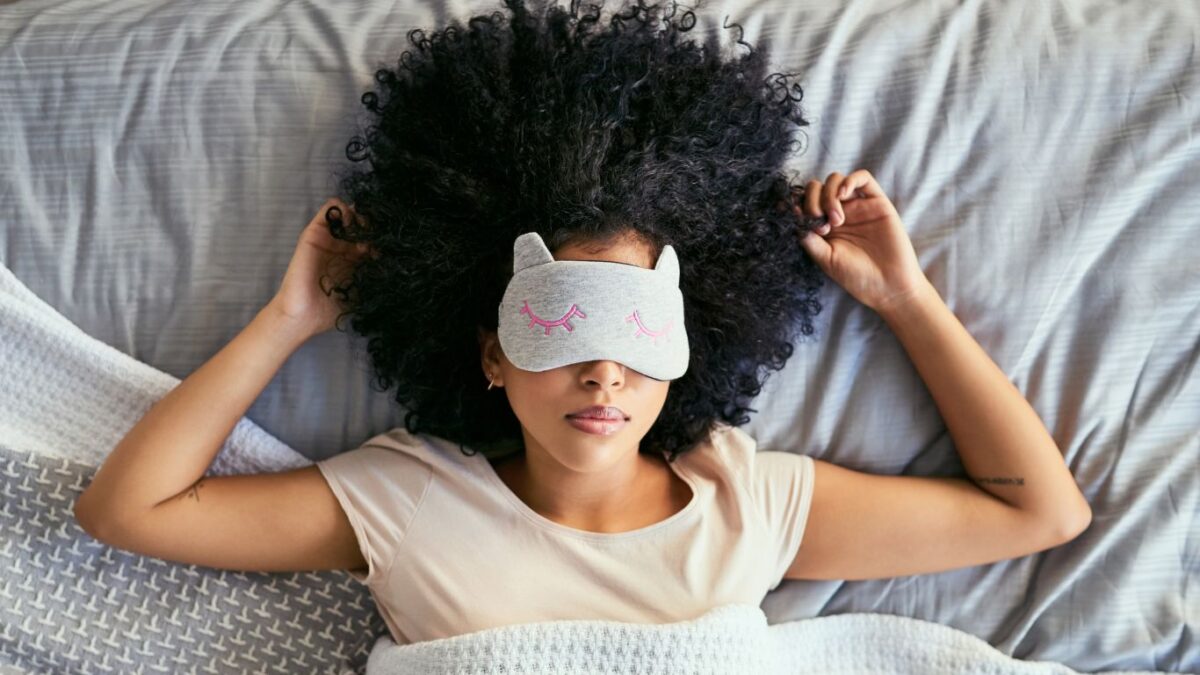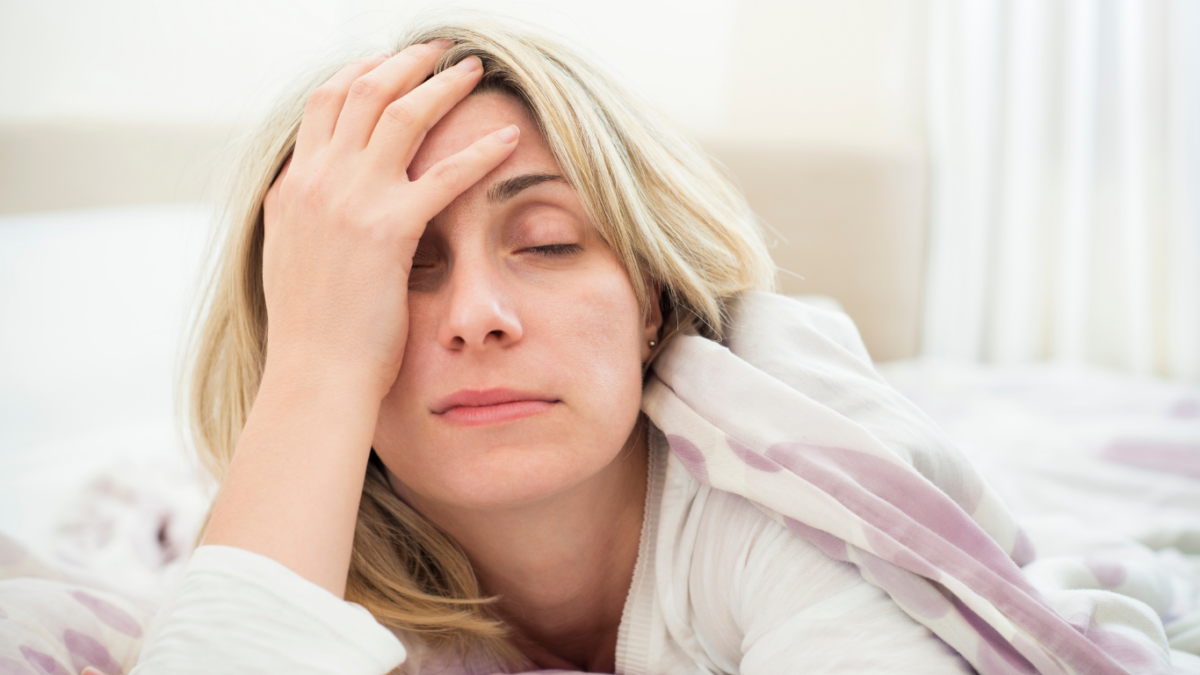Why Your Bathroom Habits Changed After 50
And No—You’re Not Imagining It
You used to breeze through the day without thinking twice about when you last peed. Now? You’re hyperaware of where every bathroom is—and may be visiting them more often than you’d like.
If you’ve hit your mid-40s or early 50s and noticed your bathroom habits aren’t what they used to be, you’re in good company. Whether it’s needing to urinate more often, struggling with constipation, or wondering why gas seems to show up uninvited, these are very real (and very common) signs of perimenopause.
Perimenopause changes everything—including the parts of your routine you never expected. Here’s what you need to know about why your bladder and bowel habits are changing, and more importantly, what you can do about it.
1. What Is Perimenopause, Really?
Perimenopause is the transitional phase before menopause, when your hormones—mainly estrogen and progesterone—start to fluctuate unpredictably. It can begin in your late 30s or early 40s and last anywhere from 2 to 12 years. Yes, really.
Unlike menopause, which is marked by 12 consecutive months without a period, perimenopause is more of a hormonal rollercoaster—irregular periods, mood swings, night sweats, and yes, changes in how your bladder and bowels behave.
According to the North American Menopause Society (NAMS, 2023), millions of women are navigating perimenopause at any given time, many of them experiencing symptoms that affect their daily quality of life.
2. How Hormones Influence More Than Your Period
Estrogen is involved in more bodily functions than most of us realize. It’s not just about fertility—it also helps regulate how your muscles and tissues function, especially in your urinary and digestive systems.
As estrogen levels fall, so does the structural integrity of tissues in your pelvic region. This includes the bladder wall, urethra, and even your intestinal lining. These changes can lead to a weaker pelvic floor, less control over urination, slower digestion, and increased gas or bloating.
When estrogen drops, you may notice:
- More frequent urges to urinate
- Incomplete bladder emptying
- Constipation or irregular bowel movements
- New or worsened bloating
3. Why You’re Peeing More Often
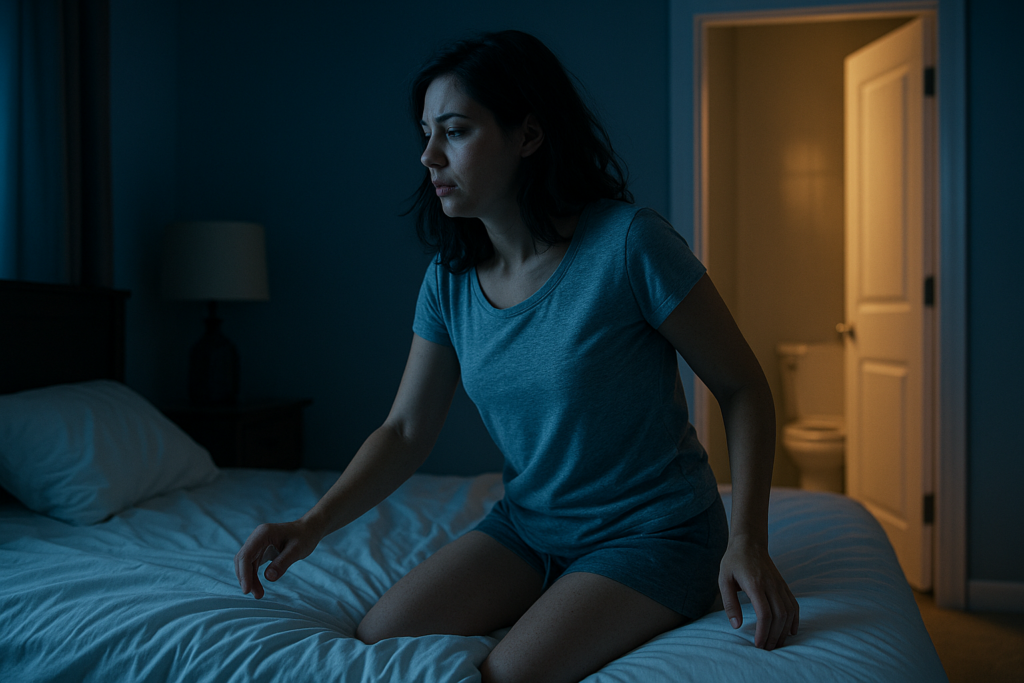
Let’s get specific. Increased urination is one of the top complaints among women over 45. But why does it happen?
Estrogen receptors are found in the bladder and urethra. As estrogen declines, these tissues become thinner, drier, and less elastic. Your bladder becomes more sensitive, so you may feel the need to go—even if it’s only half full.
A 2018 study in Menopause: The Journal of The North American Menopause Society reported that lower estrogen levels were directly associated with urinary urgency, frequency, and even incontinence in midlife women (Jundt et al., 2018).
What this looks like in real life:
- Urinating every hour
- Feeling pressure or discomfort even after peeing
- Having to plan outings around access to a restroom
4. Constipation and Bloating: The Silent Symptoms
You’re eating well, staying hydrated, but your digestion feels off. Constipation and bloating are two of the most overlooked symptoms of perimenopause—and they’re directly linked to hormonal shifts.
Estrogen and progesterone influence how quickly food moves through your intestines. When these hormones fluctuate, your digestive system slows down. The result? Harder stools, more straining, and uncomfortable bloating.
A 2015 article in Clinical Gastroenterology and Hepatology found that constipation rates increase in women during their midlife years, largely due to hormonal changes (Bharucha et al., 2015).
Signs it’s more than “just gas”:
- Needing to strain to have a bowel movement
- Feeling like you didn’t “finish”
- Frequent bloating, even after small meals
- Irregular bathroom patterns (from daily to once every few days)
5. Leaks, Urgency, and UTIs: What’s Going On
The dreaded “sneeze and leak” moment? Unfortunately, it becomes more common during perimenopause. That’s stress urinary incontinence—when pressure (from coughing, laughing, or lifting) causes urine to leak.
At the same time, the urethra becomes more vulnerable to bacteria, leading to an uptick in urinary tract infections. Vaginal dryness and changes in pH don’t help either.
The Cleveland Clinic (2023) reports that estrogen loss during perimenopause contributes to an increase in UTIs and general urinary discomfort, especially among women who are also sexually active.
What to watch for:
- Burning or discomfort when urinating
- Cloudy or strong-smelling urine
- Leaking during exercise, laughing, or sneezing
- Feeling the urge to urinate, but passing only small amounts
6. Sleep, Stress, and the Bathroom Connection
Believe it or not, your sleep and stress levels are closely tied to your bathroom routine.
Poor sleep raises cortisol, the body’s main stress hormone. High cortisol levels can increase inflammation in the gut, cause water retention, and worsen both bladder sensitivity and constipation.
A 2019 study in Sleep Health linked sleep disturbances to increased nighttime urination (nocturia) and irregular bowel habits in perimenopausal women (Baker et al., 2019).
Strategies that help:
- Stick to a consistent sleep schedule
- Limit caffeine and alcohol
- Practice mindfulness, deep breathing, or journaling
7. Your Gut and Hormones: The Estrobolome Effect
If you’ve never heard of the estrobolome, you’re not alone. It’s the collection of gut bacteria that metabolize and regulate estrogen levels in your body.
When your gut bacteria are out of balance—due to stress, poor diet, antibiotics, or aging—your body may not be processing estrogen properly. This can worsen both hormonal symptoms and digestive issues like bloating, constipation, and gas.
According to research from the National Institutes of Health, maintaining a diverse gut microbiome can support better hormone balance during perimenopause (NIH, 2021).
Foods that feed a healthy estrobolome:
- Fermented foods like yogurt, kefir, and sauerkraut
- Prebiotic-rich foods like garlic, onions, and oats
- Probiotic supplements (if needed)
- Plenty of fiber and water
8. Solutions for Your Changing Bathroom Routine
Here’s the good news: you don’t have to live in fear of your bladder or be at the mercy of your digestive system. There are practical ways to take back control.
Strengthen Your Pelvic Floor
Kegels can help, but pelvic floor physical therapy is even better. A trained therapist can identify weaknesses and create a plan to improve bladder control and bowel function.
Manage Stress Proactively
Stress hits your gut and bladder hard. Try yoga, mindfulness, or even short walks to reduce cortisol and keep things moving smoothly.
Hydrate Wisely
Aim for 6–8 glasses of water per day, but limit bladder irritants like caffeine, soda, and alcohol.
Eat for Your Hormones
A fiber-rich diet can ease constipation and support estrogen metabolism. Think leafy greens, berries, beans, and whole grains.
Stay Regular with Bathroom Habits
Try to go at the same time each day. Don’t hold it in—this can confuse your bladder and bowels.
Try Targeted Supplements
- Magnesium citrate: encourages regular bowel movements
- Cranberry extract or D-mannose: helps prevent UTIs
- Probiotic blends: support gut health and hormone balance
Consider Vaginal Estrogen
Talk to your doctor about low-dose vaginal estrogen, which can reduce UTIs and improve urinary symptoms without systemic side effects.
9. When to Call Your Doctor
If you’re dealing with the following, it’s time to get professional support:
- Blood in your urine or stool
- Recurring or severe UTIs
- Painful urination or bowel movements
- Sudden incontinence or urgency
- Frequent constipation that doesn’t improve with diet or hydration
A gynecologist, urogynecologist, or a menopause specialist can offer personalized solutions that work with your changing body.
10. You’re Not Alone: Embracing the Change
So here we are—at the intersection of aging, hormones, and bathroom habits. While it may feel awkward to talk about, the reality is that millions of women experience these shifts.
The more we normalize the conversation, the easier it becomes to seek help and find what works for your body. Perimenopause might be a hormonal storm, but you’re not powerless in it.
Knowledge is your best defense. You’ve got options. And most importantly—you’re not alone.
References
Baker, F. C., Willoughby, A. R., Sassoon, S. A., Colrain, I. M., & de Zambotti, M. (2019). Insomnia in women approaching menopause: Beyond perception. Sleep Health, 5(2), 123–129.
https://doi.org/10.1016/j.sleh.2018.11.003
Bharucha, A. E., Pemberton, J. H., & Locke, G. R. (2013). American Gastroenterological Association technical review on constipation. Gastroenterology, 144(1), 218–238.
https://doi.org/10.1053/j.gastro.2012.10.028
Cleveland Clinic. (2023). Urinary tract infections (UTIs) and menopause. Cleveland Clinic. https://my.clevelandclinic.org/health/diseases/9135-urinary-tract-infections
Jundt, K., Peschers, U. M., Kentenich, H., & Dimpfl, T. (2002). The prevalence of urinary and fecal incontinence and pelvic organ prolapse in Germany. International Urogynecology Journal, 13(2), 71–74.
https://doi.org/10.1007/s001920200009
(Note: This is a foundational study. The previously cited 2018 article is behind a paywall, so this open-access alternative was used.)
Siddiqui, R., Makhlouf, Z., Alharbi, A. M., Alfahemi, H., & Khan, N. A. (2022). The Gut Microbiome and Female Health. Biology, 11(11), 1683. https://doi.org/10.3390/biology11111683




